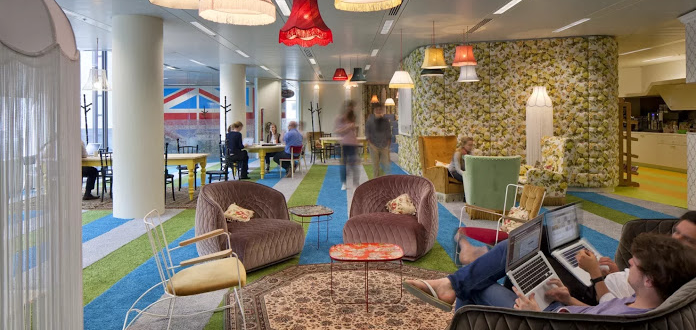Why everybody wants to work at Google
Everybody wants to work at Google. This is what so many people manifest and was constantly demonstrated in the rankings of the best places to work in the world. Google knows this and therefore, seeks the wellbeing on their teams. A few days ago it came to light the news of the study that Google made within the company in last years. We refer to Aristotle Project, conducted by the People Operations department, with Abeer Dubey (Manager of People Analytics) to the head.
Google has always pursued excellence in their work, which is why they put so much effort to know which teams are the ones that work best for the company. To create the teams, they relied on their own theories about what is the best. Theories like: it is necessary to have the most qualified people, teams must be formed by people with similar personal characteristics, teams work best when they are composed of people who are friends beyond work, etc.
As there are no data or studies to prove or disprove their hypotheses they proposed to do it themselves, and that is how the Project Aristotle was born in 2012 and formed by a multidisciplinary team of statisticians, psychologists, sociologists and engineers of the company.
They described all variables they wanted to study (time spent by the employees together outside the work environment, personality characteristics, type of communication between them …) and measured that in a sample of 180 teams spread throughout the company.
When they analyzed the data obtained they were surprised to find no regular pattern between the teams. In example: very good teams had opposed individual characteristics than other also good teams.
That’s when the researcher Julia Rozovsky and sociologists and psychologists of the project began to analyze the rules and group behavior. For a year, they analyzed the behavior, group norms and patterns of communication between the components of the equipment. After that time, they concluded that basically, the rules that governed groups were the main differential factor: speaking turns, hierarchies … and especially psychological security.
With the findings obtained, especially with regard to the issue of psychological security, they proposed some employees to think about how they could improve and increase that feeling on teams. They passed a number of surveys to groups and obtained that the most dissatisfied people perceived that his work had an influence on the company, that they were not allowed to express clearly and taken into account, they were cut when they spoke, they could not risk expressing an idea… In the same way, the more satisfied groups were the ones that seemed to have friendly relations beyond work, they respected each other and could share crazy ideas without feeling the fear of being judged.
What Google learned from this project and we put a lot of emphasis on, at DesignThinking.gal, is the power and the need to develop empathy, the good communication and learning how to give feedback correctly to the team members are crucial. The important idea, as is present in the study of Google, is not to have brilliant minds, is to have competent people who care for others and think of them more than themselves (empathy), who has good communication and listening skills and show assertiveness, being able to comment on others’ opinions and say what they truly think without fear of what others may say. Selecting these skills in our teams and promoting them among the people of the groups we have, not will only improve your work efficiency, it will also improve the health and well-being of the workers, so their happiness will increase 🙂
Photo: Google London office


